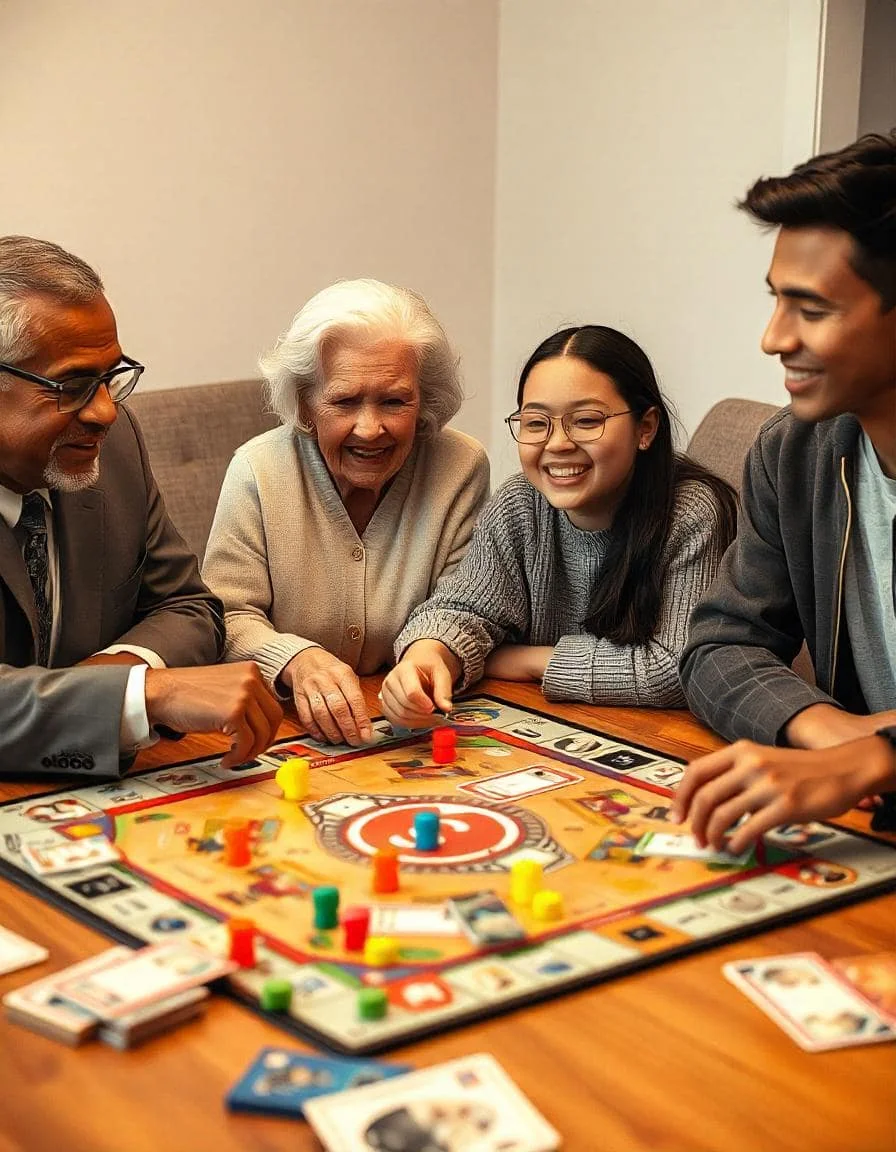
Introduction to Quantum Roulette
Imagine a game of chance that incorporates the principles of quantum mechanics. Sounds futuristic, right? Welcome to Quantum Roulette, a unique blend of science and gambling that’s taking the world by storm. While traditional roulette relies on simple physics and randomness, Quantum Roulette brings in a level of unpredictability that only quantum mechanics can offer. But what exactly is Quantum Roulette, and how does it work? Let’s dive into the fascinating world where science meets the thrill of the casino.
What Is Quantum Roulette?
Quantum Roulette is a novel gambling concept that blends the timeless game of roulette with quantum mechanics, particularly the phenomenon of quantum randomness. The game is designed to use quantum random number generators (QRNGs) to determine the outcome, making the results truly random on a quantum level. This is a massive departure from the traditional methods of determining roulette results, where physical factors like the spin of a wheel and the drop of a ball are central.
The Origin of Quantum Roulette
The idea of Quantum Roulette emerged from the broader application of quantum computing in various industries. As quantum technology evolved, the gambling world saw an opportunity to integrate these new advancements, promising a fairer and more unpredictable experience than ever before. Quantum computing, with its ability to handle immense amounts of data and randomness, was a natural fit for the world of online gambling.
Understanding Quantum Mechanics in Layman’s Terms
Before diving deeper into how Quantum Roulette works, it’s essential to grasp the basic principles of quantum mechanics. Quantum mechanics is a branch of physics that deals with particles at the smallest scales – think atoms and subatomic particles like electrons and photons.
Quantum Superposition
One of the key concepts in quantum mechanics is superposition, which allows particles to exist in multiple states at once. In the context of Quantum Roulette, this means that the outcome of the game can theoretically exist in several possible states until it is observed.
Quantum Entanglement
Another mind-bending concept is quantum entanglement, where particles become linked, and the state of one particle can instantly influence another, regardless of the distance between them. While this might not directly impact Quantum Roulette, it illustrates the kind of phenomena at play in quantum systems.
The Mechanics of Quantum Roulette
How Quantum Roulette Differs from Classic Roulette
At first glance, Quantum Roulette may look similar to traditional roulette. There’s still a wheel, a set of numbers, and the excitement of the ball landing on a random spot. However, the real difference lies in how the outcome is determined. Instead of relying on physical factors, Quantum Roulette uses quantum random number generators, making each spin truly unpredictable.
The Role of Quantum Randomness
Quantum randomness is fundamentally different from classical randomness. In traditional roulette, randomness comes from mechanical factors like how hard the wheel is spun. In Quantum Roulette, the randomness is generated by quantum processes, which are inherently unpredictable and cannot be replicated or predicted by any algorithm.
Quantum Probability vs. Classical Probability
Classical probability in gambling relies on fixed odds. In contrast, quantum probability can be a bit more perplexing, as outcomes aren’t determined until they are measured. This adds a layer of complexity, making Quantum Roulette more dynamic and unpredictable compared to its classic counterpart.
The Science Behind Quantum Roulette
The Concept of Quantum Random Number Generators (QRNGs)
The core technology that powers Quantum Roulette is the Quantum Random Number Generator (QRNG). Unlike traditional RNGs, which are algorithm-based and can, in theory, be predicted or hacked, QRNGs rely on quantum phenomena, making them impossible to forecast.
How QRNGs Work
QRNGs work by observing quantum particles and using their unpredictable behavior to generate random numbers. This randomness is then used to determine outcomes in Quantum Roulette.
QRNGs in Online Gambling
Many online casinos have started experimenting with QRNGs, ensuring that their games are not only fair but also impossible to rig. This is especially appealing to players who seek transparency and fairness in gaming.
Real-Life Applications of Quantum Computing in Gambling
Quantum computing isn’t just a sci-fi concept anymore. Its practical applications are being tested in various sectors, including online gambling. Quantum Roulette is one of the first quantum-powered casino games, but other quantum-based innovations, such as quantum poker, are also on the horizon.
The Appeal of Quantum Roulette
Why Gamblers Are Excited About Quantum Roulette
Quantum Roulette isn’t just a gimmick; it’s a revolutionary approach to gambling. Players are drawn to the game for its enhanced fairness and unpredictability, offering a fresh take on a classic casino favorite.
Risk and Reward in Quantum Gambling
The Thrill of Uncertainty
In traditional roulette, outcomes can often feel repetitive. With Quantum Roulette, every spin feels new and exciting because of the unpredictability rooted in quantum mechanics.
How Quantum Roulette Adds New Layers of Strategy
While Quantum Roulette may seem purely random, some players believe they can develop strategies around understanding quantum probability, adding another dimension to the game.
Quantum Roulette in the World of Online Casinos
Current Platforms Offer
Currently, only a few innovative online casinos are offering These platforms are pioneers in introducing quantum-based gaming experiences.
How Casinos Are Leveraging Quantum Technology
Casinos are starting to recognize the value of quantum technology in providing fair, transparent, and unpredictable games. QRNGs are not only limited to Quantum Roulette but are also being tested in other casino games to enhance fairness.
The Future of Gambling
The success could pave the way for more quantum-based games. As quantum technology advances, we can expect more complex and exciting gambling experiences.
Challenges and Ethical Considerations
Is Truly Fair?
While QRNGs are designed to be perfectly random, some critics argue that the technology’s complexity might make it hard for the average player to trust fully.
The Debate Around Quantum Technology in Gambling
Transparency Issues
One major concern is the lack of understanding among players. Since quantum mechanics is so complex, ensuring transparency in how QRNGs work might be a challenge.
Security Concerns
As with any new technology, there are concerns about security. Although QRNGs are theoretically unhackable, their integration into online platforms must be thoroughly tested to ensure player safety.
Conclusion
The Evolution of Gambling Through Quantum Roulette
Represents the future of gambling, where fairness, unpredictability, and cutting-edge technology come together to create a unique experience. As quantum technology continues to advance, we can only expect more exciting developments in the gambling industry.
Final Thoughts on Future
Is just the beginning of quantum-powered games. Its blend of science and entertainment promises a new era for casinos, both online and physical.
FAQs
Is available to play now?
Yes, some online casinos have started offering, though it’s still in the early stages of adoption.
How does quantum randomness affect outcomes?
Quantum randomness makes each outcome completely unpredictable and impossible to replicate, unlike traditional RNGs used in regular online games.
What are the odds like compared to traditional roulette?
The odds are similar to traditional roulette, but the unpredictability of quantum randomness adds an extra element of excitement.
Can quantum technology really make gambling fairer?
Quantum technology, particularly QRNGs, promises a higher level of fairness by eliminating any possibility of predicting outcomes.
What’s the next big innovation in quantum-based games?
Beyond, other games like quantum poker and quantum slots are being developed, promising a new wave of quantum-powered gambling experiences.
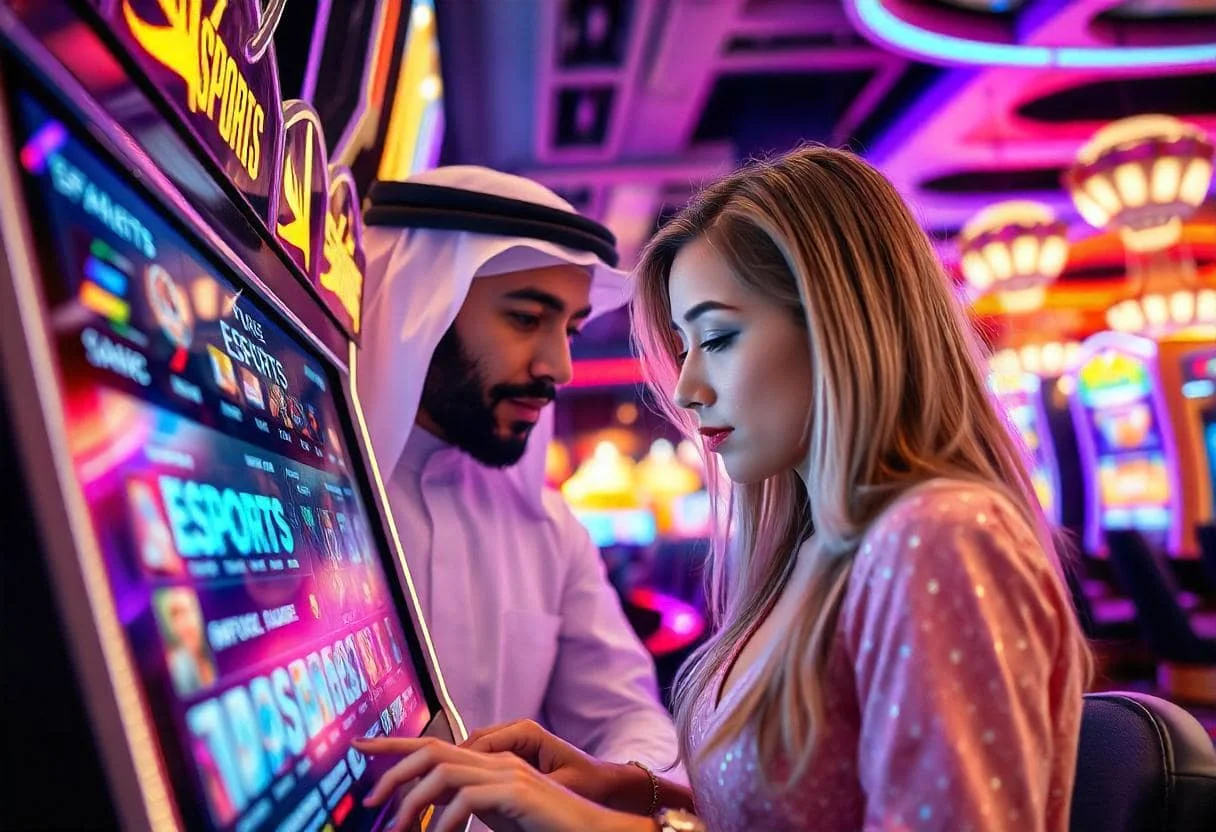
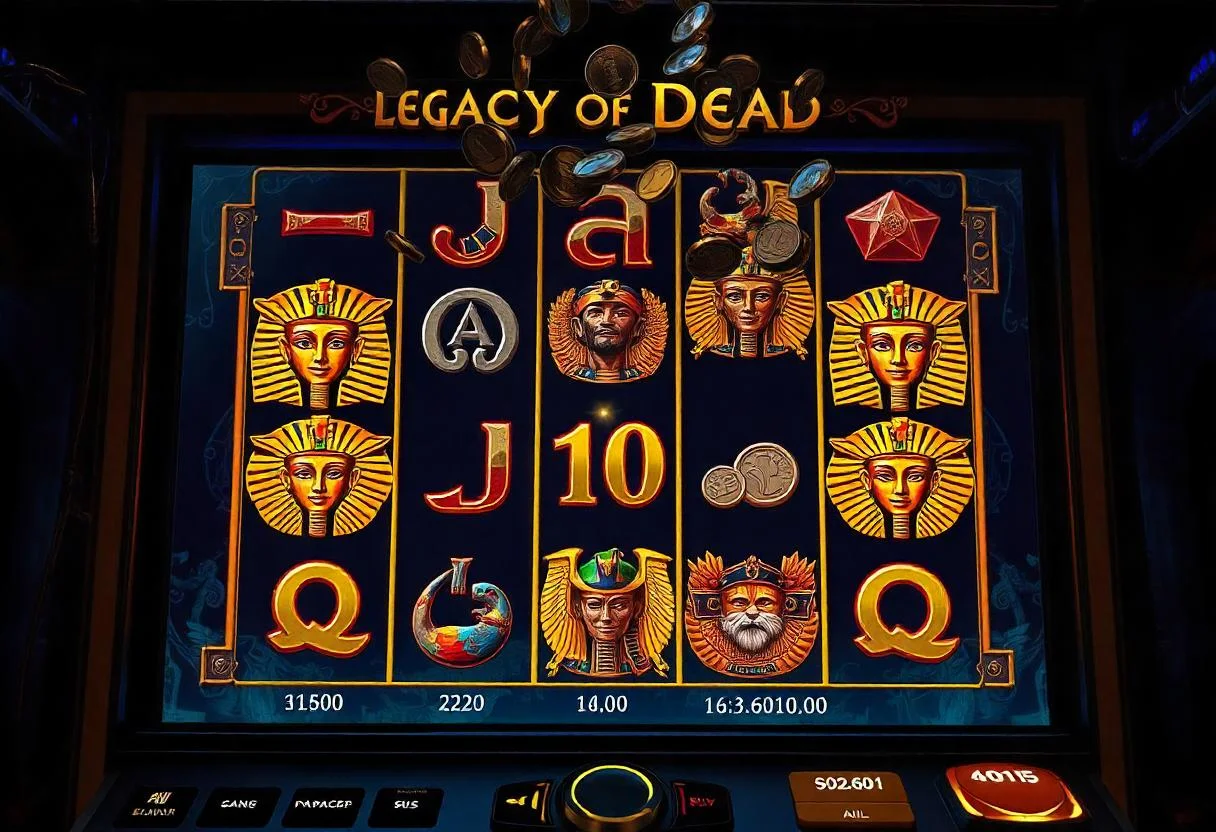
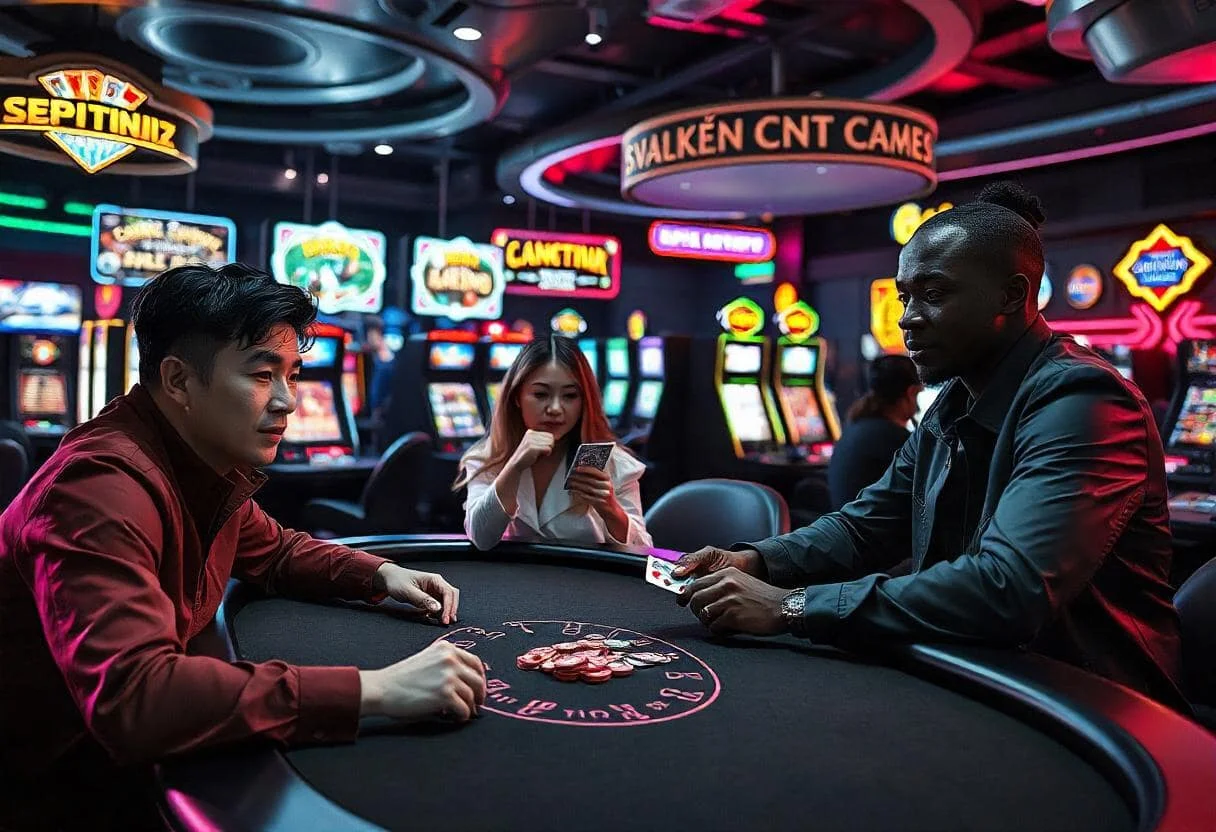
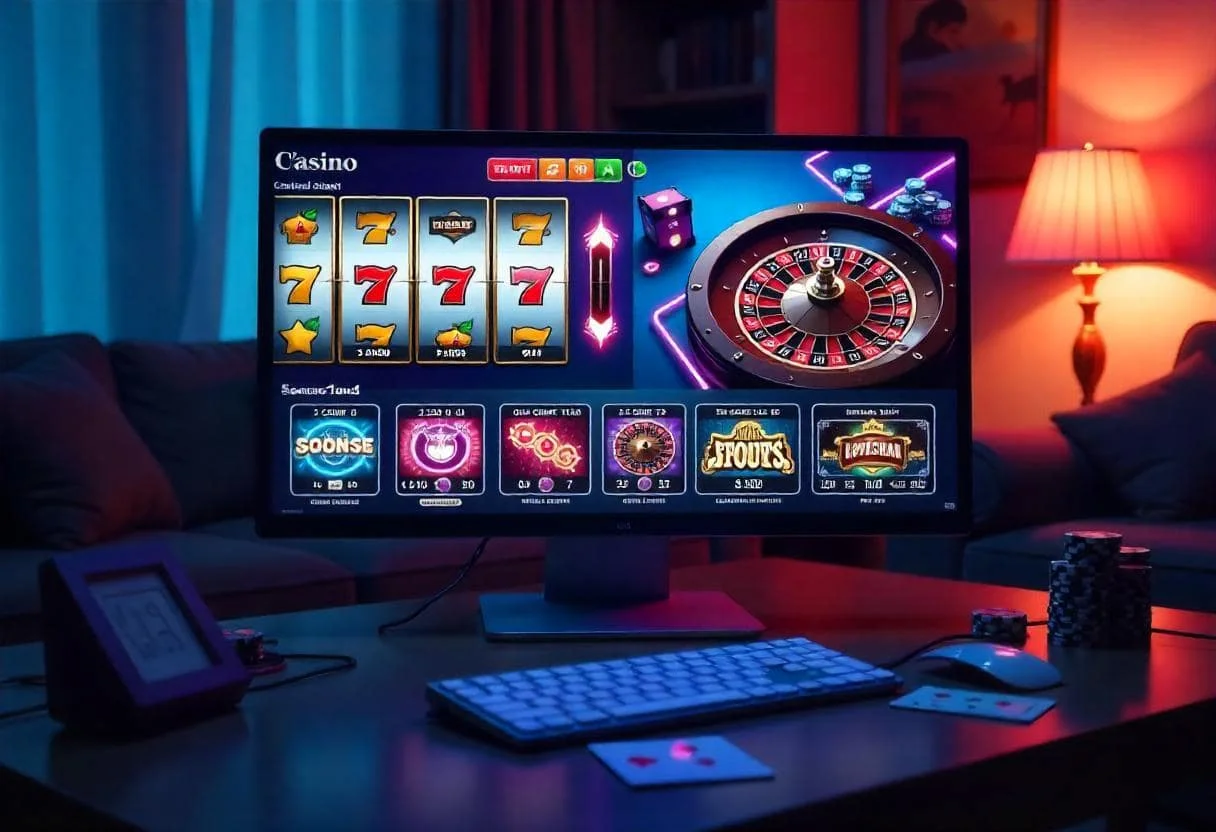
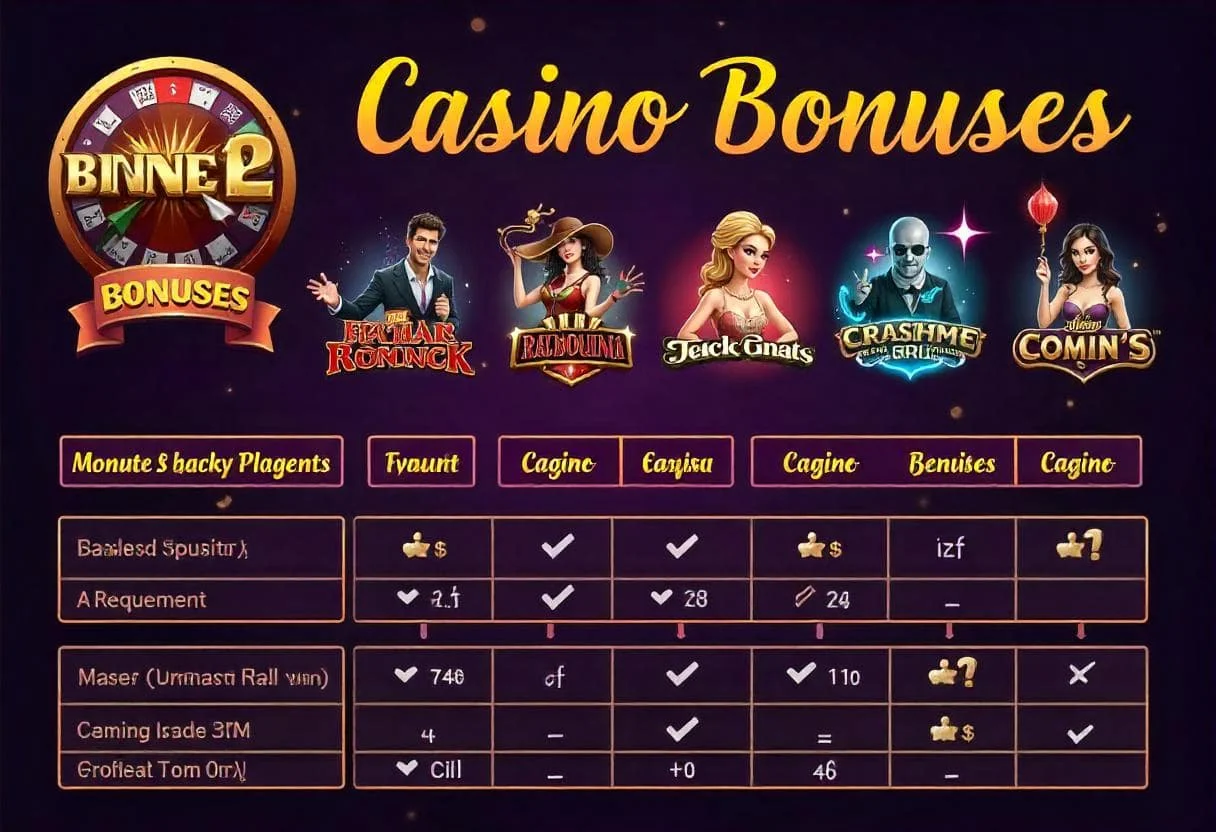

Comments are closed.